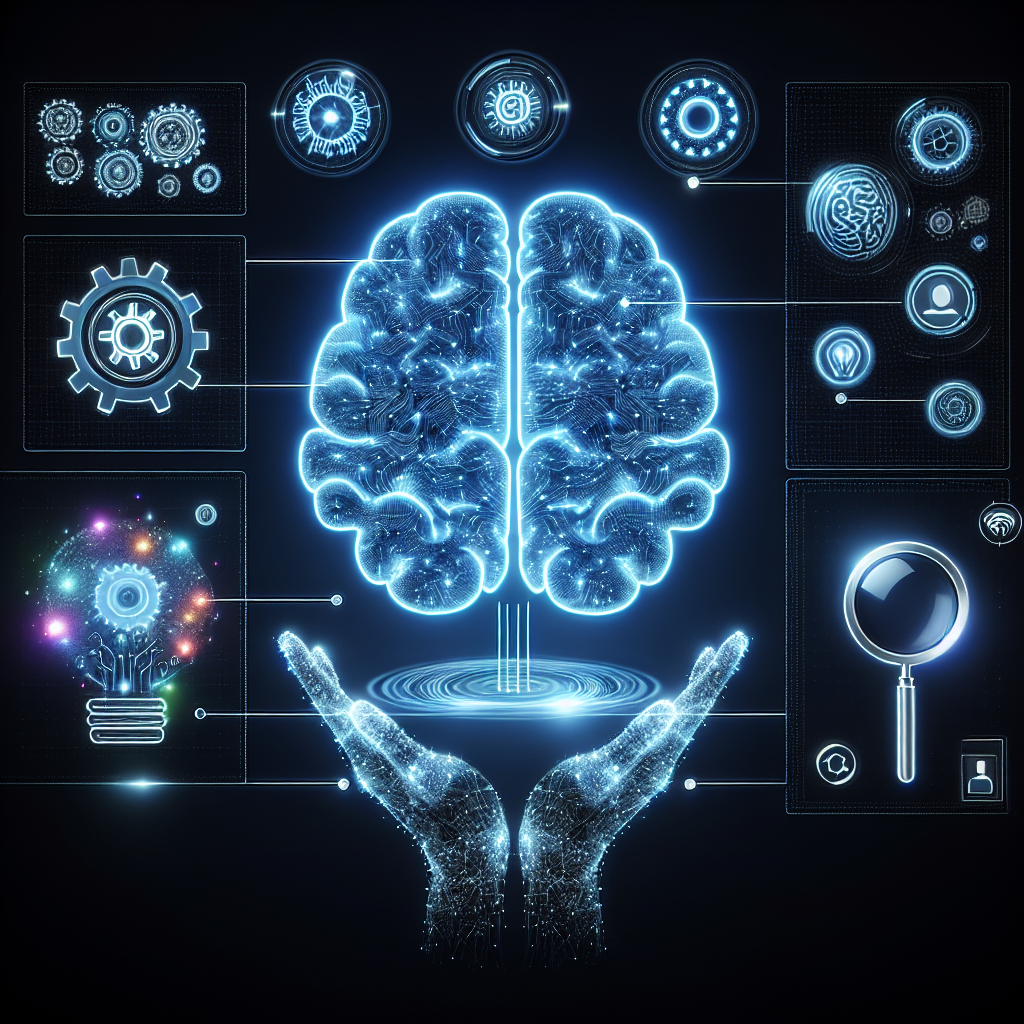The use of artificial intelligence (AI) in mental health diagnosis and treatment has become increasingly prevalent in recent years. While AI has the potential to revolutionize the field by providing more accurate and efficient diagnoses, there are ethical considerations that must be taken into account. In this article, we will explore the ethical implications of using AI in mental health, as well as some frequently asked questions about this topic.
One of the main ethical concerns surrounding the use of AI in mental health is the issue of privacy and confidentiality. When sensitive mental health data is collected and analyzed by AI algorithms, there is always the risk of this information being misused or leaked. It is important for mental health professionals and AI developers to ensure that strict privacy protocols are in place to protect the data of patients.
Another ethical consideration is the potential for bias in AI algorithms. If these algorithms are trained on data that is not representative of the diverse population they are meant to serve, they may produce inaccurate or harmful results. It is crucial for developers to address bias in their algorithms and ensure that they are fair and equitable for all individuals.
Additionally, there is concern about the impact of AI on the doctor-patient relationship. Some worry that the use of AI in mental health diagnosis and treatment could lead to a reduction in the human connection between patients and healthcare providers. It is important for mental health professionals to strike a balance between using AI as a tool to enhance their work and maintaining the personal touch that is essential in the field.
Despite these ethical concerns, there are also many potential benefits to using AI in mental health. AI can help to improve the accuracy and efficiency of diagnoses, leading to better outcomes for patients. It can also assist in identifying patterns and trends in mental health data that may not be apparent to human clinicians. Overall, the use of AI in mental health has the potential to greatly enhance the field and improve the quality of care provided to individuals.
Frequently Asked Questions:
1. Is AI capable of accurately diagnosing mental health conditions?
While AI has shown promise in accurately diagnosing certain mental health conditions, it is important to remember that it is not a replacement for human clinicians. AI can be a useful tool in assisting healthcare providers in making diagnoses, but it should be used in conjunction with other diagnostic methods and clinical judgment.
2. How can bias in AI algorithms be addressed?
Bias in AI algorithms can be addressed by ensuring that the data used to train these algorithms is diverse and representative of the population they are meant to serve. Developers should also implement measures to detect and mitigate bias in their algorithms, such as regular audits and testing.
3. What are the privacy concerns associated with using AI in mental health?
Privacy concerns in using AI in mental health include the risk of sensitive patient data being misused or leaked. It is essential for mental health professionals and AI developers to implement strict privacy protocols to protect the confidentiality of patient information.
4. How can the doctor-patient relationship be preserved when using AI in mental health?
To preserve the doctor-patient relationship when using AI in mental health, healthcare providers should use AI as a tool to enhance their work rather than replace it. They should also ensure that patients are informed about the use of AI in their care and involve them in the decision-making process.
In conclusion, the use of AI in mental health diagnosis and treatment presents both ethical challenges and opportunities. While there are concerns about privacy, bias, and the impact on the doctor-patient relationship, AI also has the potential to improve the accuracy and efficiency of diagnoses and enhance the quality of care provided to individuals. It is crucial for mental health professionals and AI developers to address these ethical considerations and work together to ensure that AI is used responsibly and ethically in the field of mental health.

